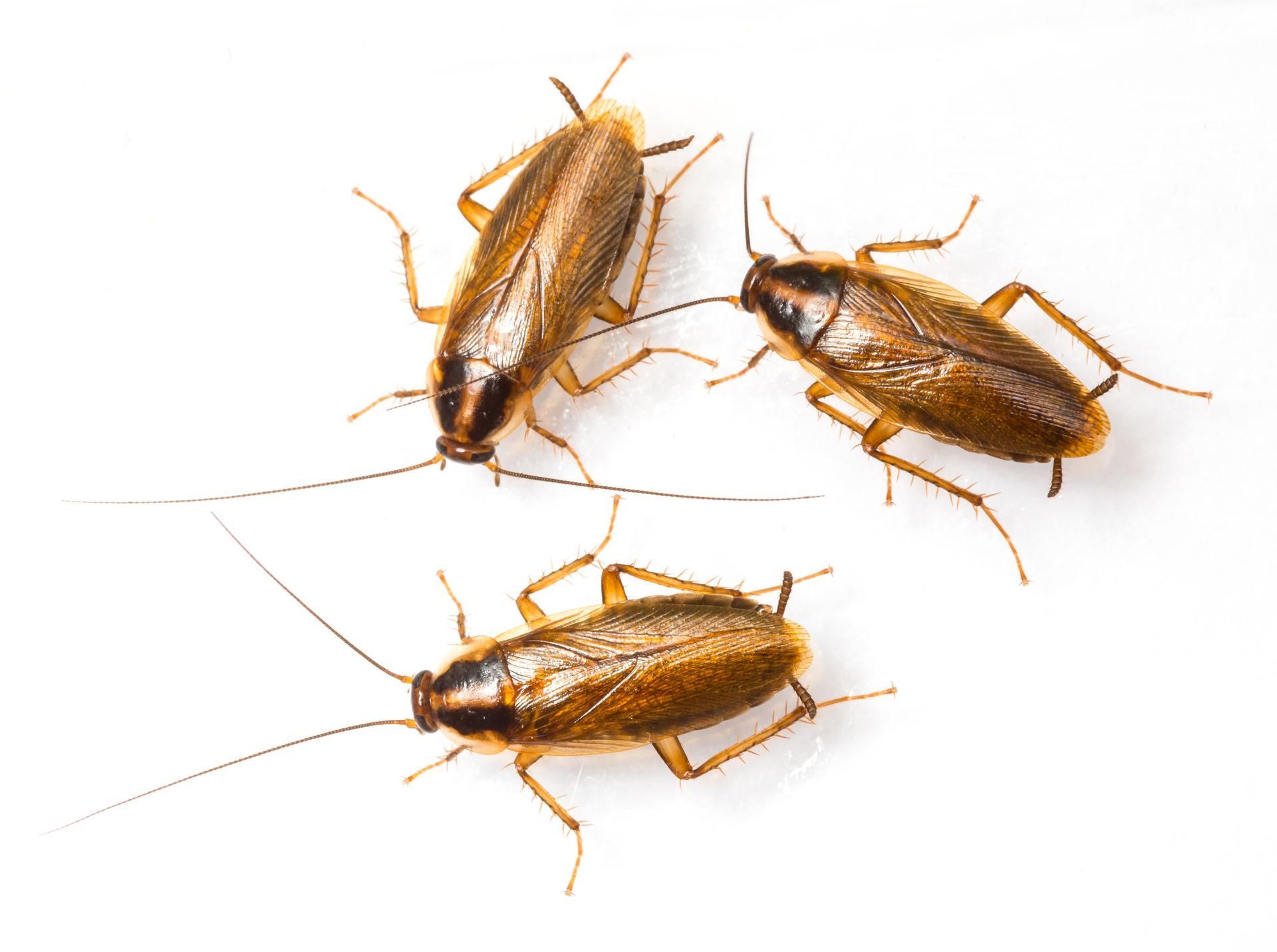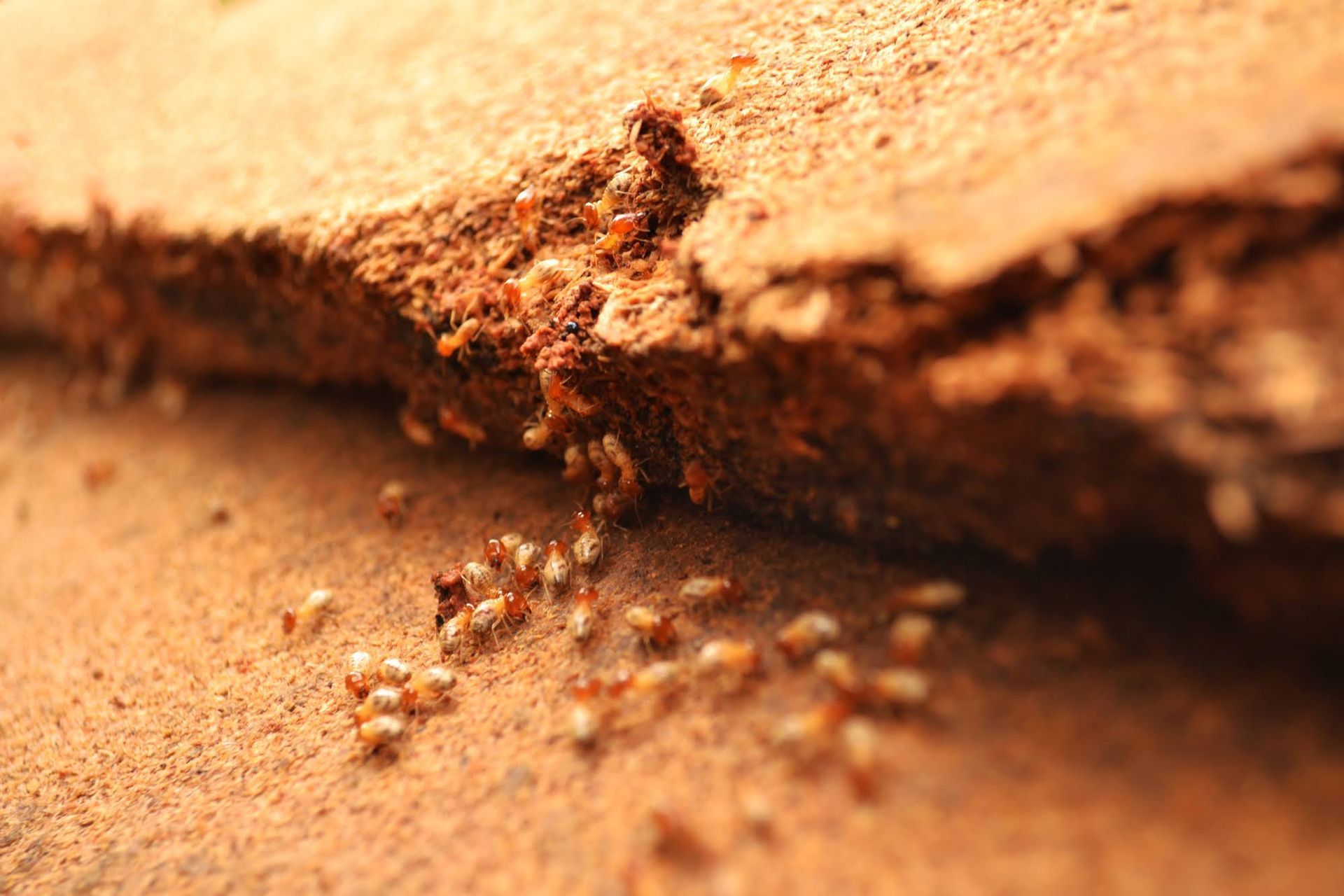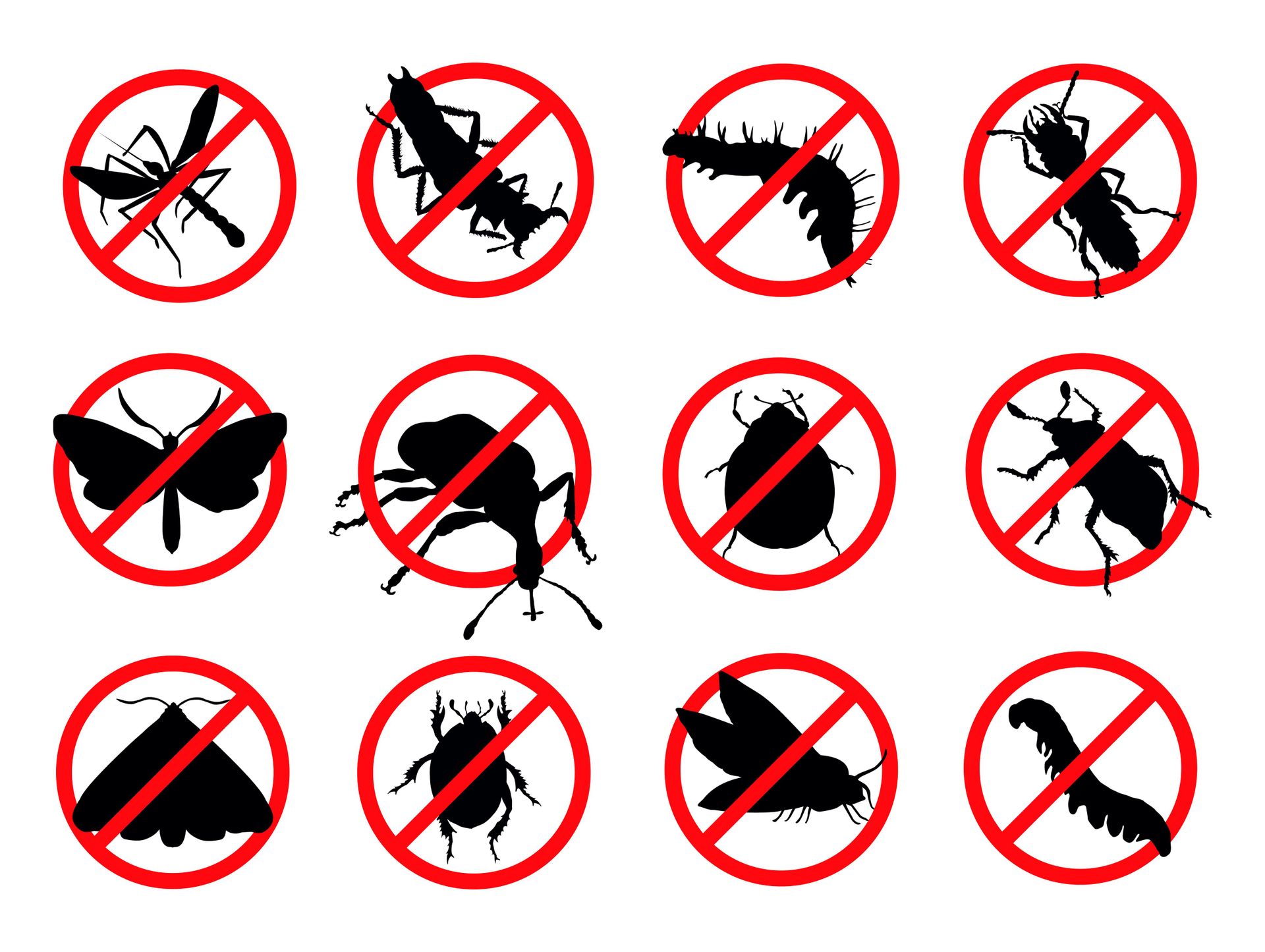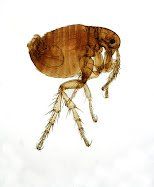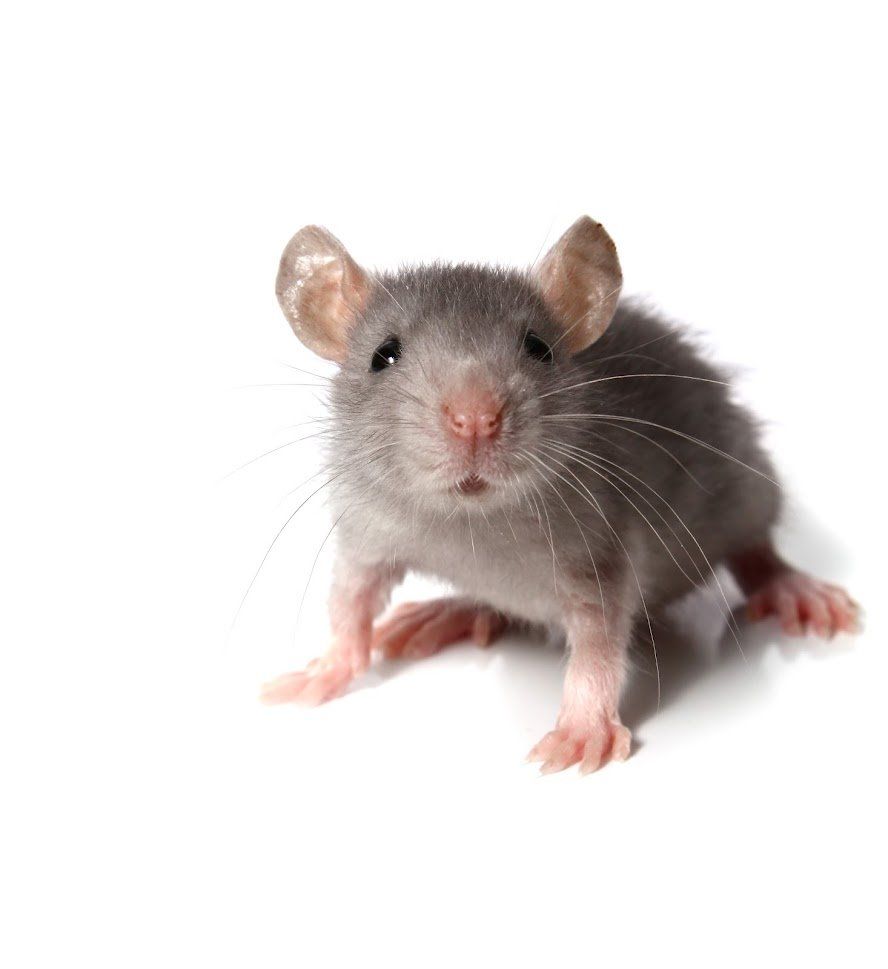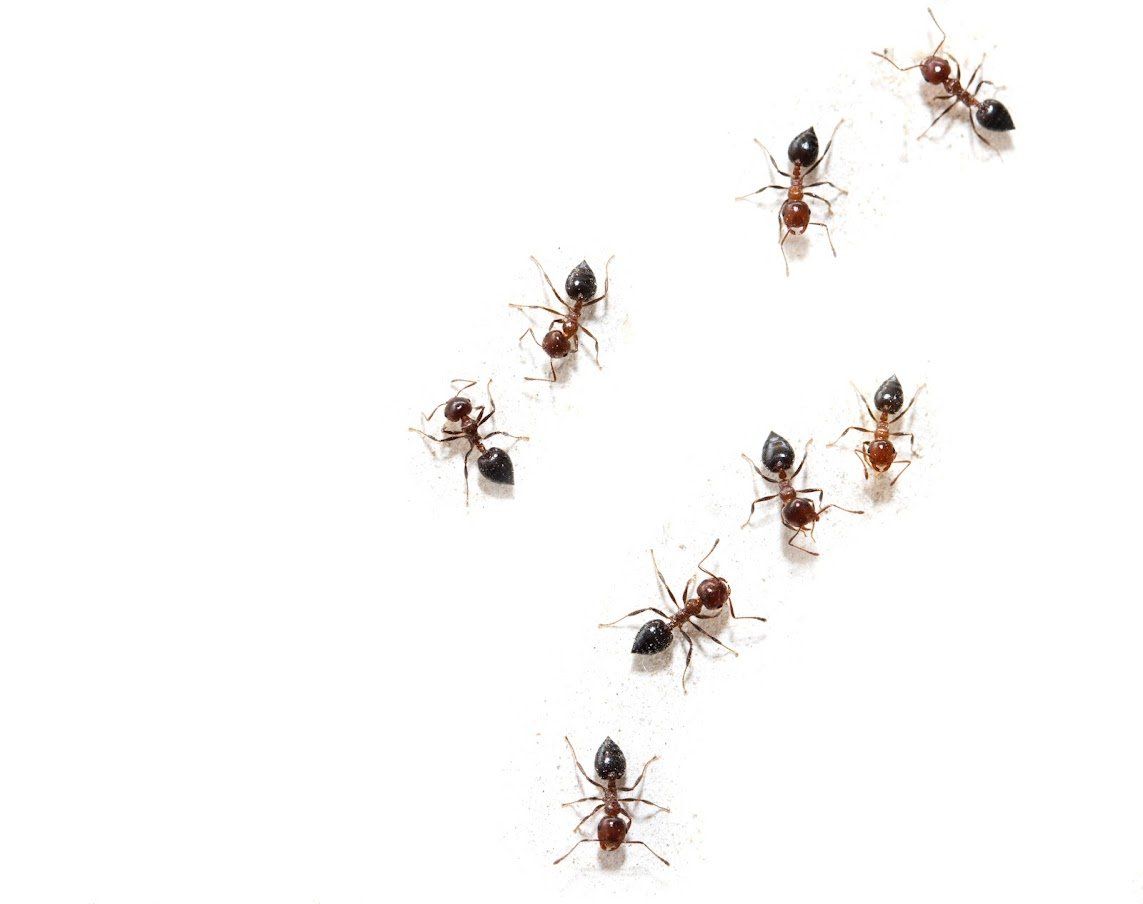Why Bed Bugs Are Hard To Get Rid Of
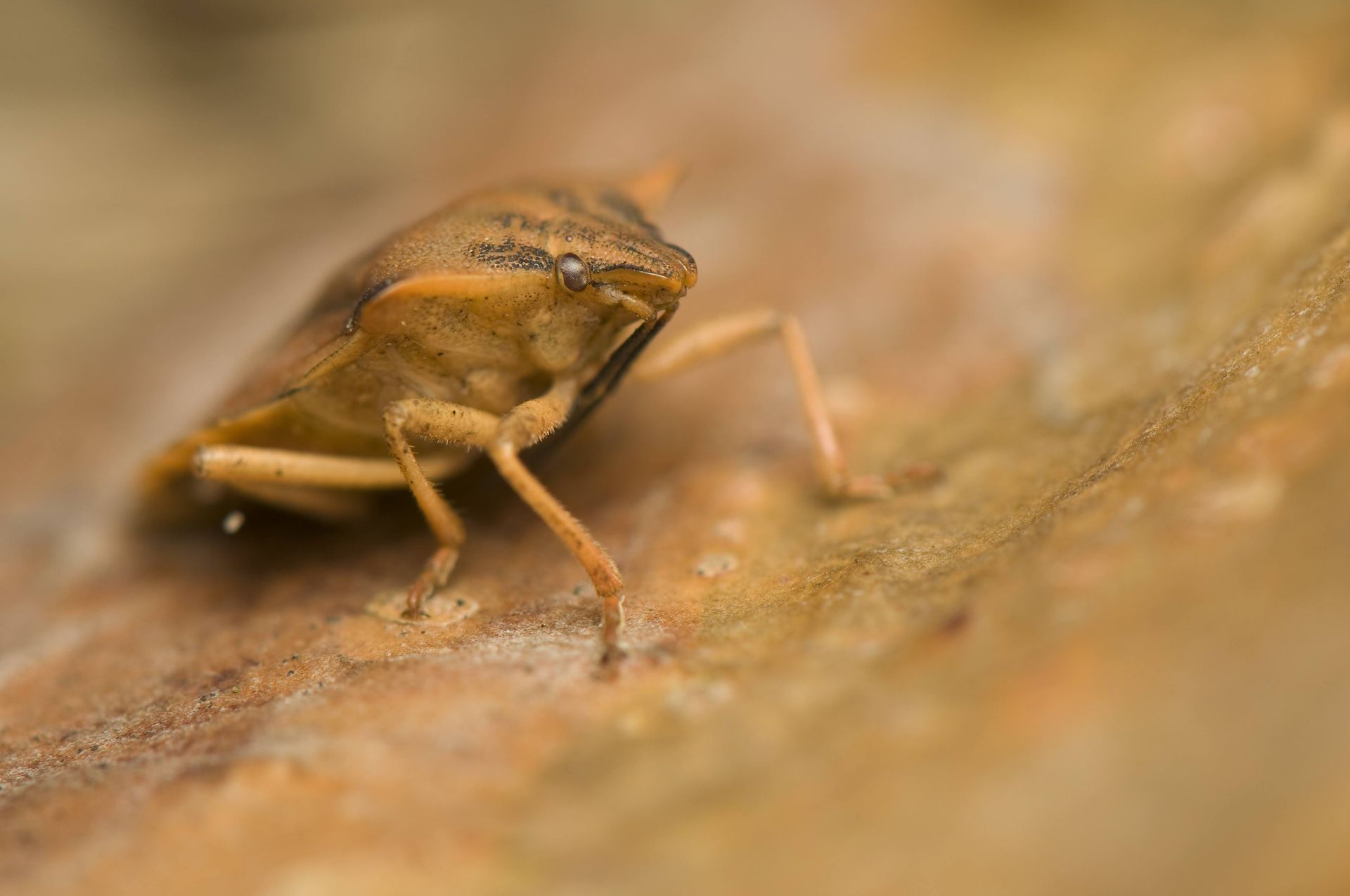
Bed bugs are notoriously difficult to exterminate. Their resilience is due to a combination of factors, including their exoskeleton’s ability to adapt and their rapid reproduction rate. This blog post sheds light on why bed bugs are such stubborn pests.
Exoskeleton Adaptation
Bed bugs possess a remarkable exoskeleton that provides them with several advantages. Their exoskeleton is incredibly tough and durable, serving as a protective armor. Unlike many other insects, bed bugs don't have wings, which means they rely on their exoskeleton to shield them from physical harm and the environment.
This exoskeleton adaptation also plays a role in their resistance to pesticides. The thick exoskeleton can act as a barrier, preventing toxic substances from penetrating and affecting the internal physiology of the bed bug. Traditional pesticides rely on contact or ingestion and often struggle to penetrate this barrier, leaving many bed bugs unharmed.
Preference for Hiding
Bed bugs are experts at hiding in the nooks and crannies of their environment. They are primarily nocturnal creatures, making detecting and eliminating them even more challenging. During the day, they retreat to hiding spots in and around the bed, including cracks in the mattress, box spring, headboard, and nearby furniture. Their flattened bodies allow them to squeeze into tiny crevices, making it difficult for humans to spot them.
This preference for hiding makes them elusive and protects them from direct exposure to pesticides. Since most pest control methods rely on targeting areas where insects are likely to be found, bed bugs' hiding behavior allows them to avoid contact with these treatments.
Bed bugs are also challenging to eliminate due to their small and flat nature. These tiny insects typically measure a couple of millimeters in length, which is roughly the size of an apple seed. Their flat bodies make detection difficult.
Hardiness
Bed bugs are incredibly hardy creatures. They can endure a wide range of temperatures, from freezing cold to scorching heat, for extended periods. This adaptability to various environmental conditions allows them to survive even when their surroundings are not ideal. They can go without feeding for several months, which further enhances their resilience.
Additionally, bed bugs can survive for weeks or even months without a blood meal. This extended survival time between feedings makes it challenging to starve them out, unlike other pests that rely on more frequent nourishment.
Immunity to Common Pest Control Poisons
Over time, bed bugs have developed a level of resistance to many of the chemicals used in traditional pest control. This resistance is often a result of natural selection. Bed bugs that survive pesticide exposure pass on their resistant traits to their offspring, leading to a population that becomes increasingly resistant over generations.
Furthermore, the exoskeleton adaptation mentioned earlier also plays a role in their resistance. Bed bugs have developed detoxification mechanisms that allow them to break down and excrete toxins more efficiently. This detoxification process can render many common pesticides ineffective against them.
Rapid Reproduction Rate
Bed bugs are prolific reproducers, and their ability to multiply quickly adds to the difficulty of eradicating an infestation. A single female bed bug can lay hundreds of eggs in her lifetime, which hatch in a few days under optimal conditions. Once hatched, bed bug nymphs can reach maturity and begin reproducing within weeks. This exponential growth rate means a small infestation can rapidly escalate into a full-blown problem.
Furthermore, bed bugs have a unique reproductive strategy called "traumatic insemination," where males pierce the females' abdomen to inseminate them. This strategy increases the chances of successful mating but can also physically harm the female. However, it also enables females to reproduce without a mate if necessary, further bolstering their reproductive potential.
Do you suspect a bedbug infestation in your premises? Best Pest Control Services can inspect your house and eliminate the pests. Contact us now to book an appointment.
